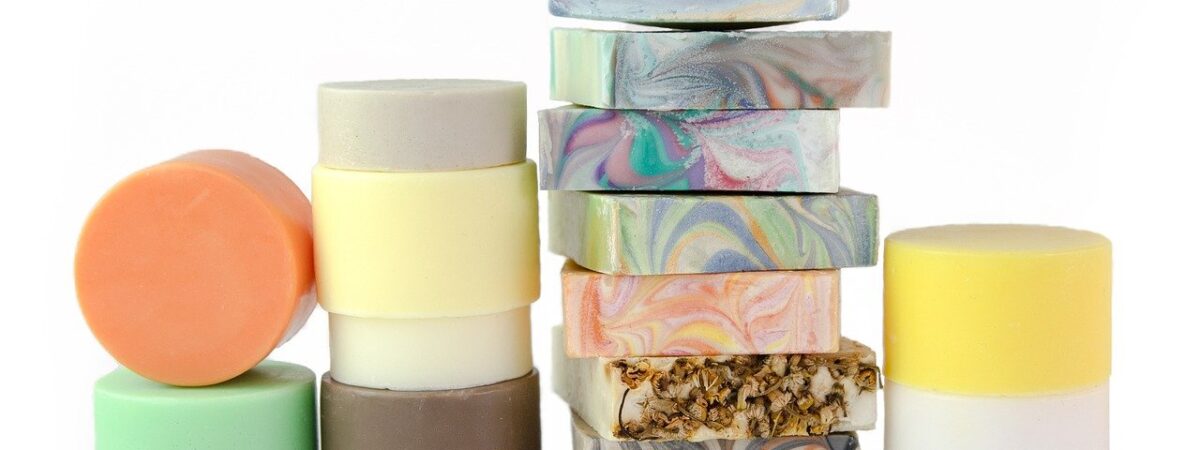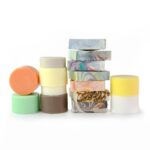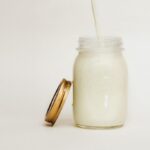Solid shampoo and other solid toiletries are becoming more and more mainstream these days. Lots of people are making the switch and shampoo bars are increasingly easy to get hold of. But many people are put off by the change to such a core part of their daily routine and the great unknown.
We had lots of questions when we first looked at switching to solid toiletries and with noone around to answer them we were left to fumble our way through buying, using and storing out solid toiletries. But you don’t have to!
Here we answer all your questions like what ingredients do they have? Where can you buy solid shampoo? And how do you even use it?!
Where do you buy solid toiletries?
Solid toiletries are so popular these days it’s really easy to buy them. Many supermarkets stock them and all eco-stores and markets will offer a large variety of shampoos, conditioners, deodorants and soaps. If you have a brand you like you can also order online. They last anywhere from one month to one year so once you’ve stocked up you’re good to go for a while.
Soaps are also back in fashion and using soap bars is a great way to support local artisans who sell at farmers markets or gift shops. Solid soaps also make great sustainable, practical and affordable gifts.
Because of the demand for solid toiletries a lot of companies have jumped on the bandwagon and aren’t exactly in it for the environment. Make sure you look out for ones that aren’t wrapped in plastic and check the ingredients for any unwanted ingredients.
There are options for switching to solid toiletries without going completely natural, which can be a good stepping stone if you have difficult hair or particular allergies. LUSH shampoos, for example, are great in their plastic reduction but because of the chemicals they contain you wouldn’t want to use them while camping or if you use grey water for your garden.
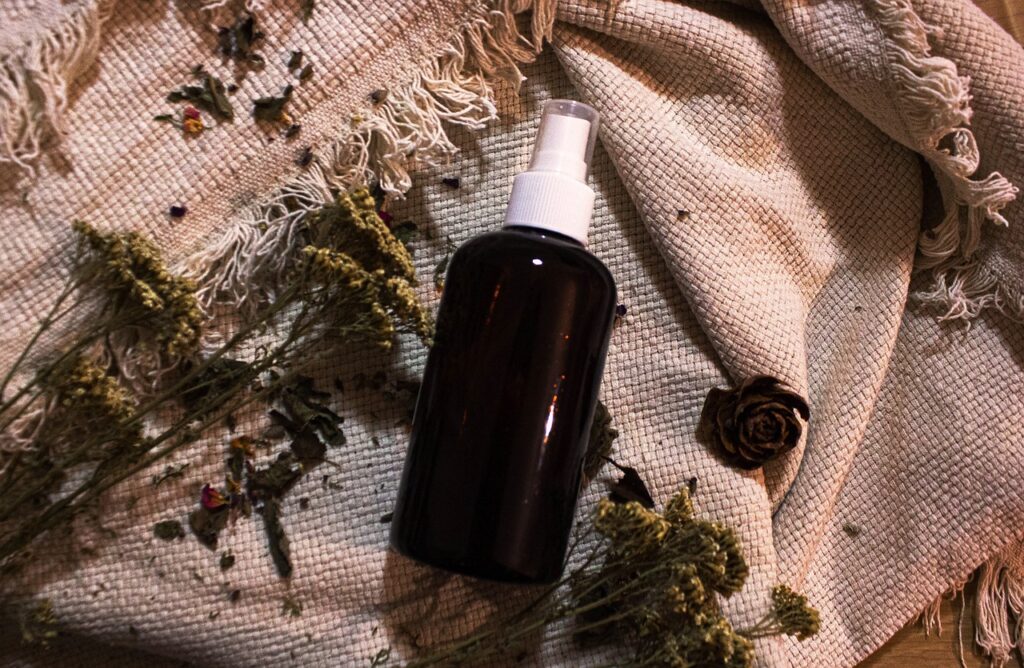
How much do solid toiletries cost and how long do they last?
This can vary hugely but realistically a good solid shampoo will cost around $20 for 100g. This lasts me (I have long hair and wash twice a week for about 6 months. It’s said to be the equivalent of about three bottles of shampoo which cost say $7 per bottle, making the costs very similar but the environmental impact much higher with all those plastic bottles.
Solid soap bars vary from $2 at the supermarket to $14 for a handmade one at a market. Both options are natural and environmentally friendly so it’s up to personal preference what you like to use. We find a block of soap lasts us about the same amount of time as a bottle of body wash and can be much cheaper.
Solid face wash varies but at around $20 per 100g they can be really great value for money. A solid face wash lasts me about a year of washing my face every 1-2 days.
Can you make your own?
Absolutely! Soap is probably the easiest one to start with and there are loads of recipes online to help. You can also try making shampoos and conditioners from scratch but getting the right ingredient mix can be more tricky.
For us, the cost and effort of getting the ingredients is far greater than buying a plastic-free solid shampoo and the quantity we need is so little it’s not worth it. But maybe you have a large family or want to make them for friends. Let us know if you create an amazing recipe!
Finding the right shampoo for you
This can be a real challenge and we’ve been through several in our quest for the perfect solid shampoo. I never thought of my hair as difficult and have used any and every liquid shampoo without issues. My first solid shampoo worked fine and I thought I had made the switch smoothly. However, I discovered that my solid shampoo had chemicals in it that my hair got used to and when I switched to a natural one my hair never felt clean. I tried four more brands before I found Ethique St Clements for oily hair which works wonders!
If you’re having trouble switching to solid shampoo try several options. Some eco-stores sell off cuts of shampoos which are a great way to sample a solid shampoo before committing to a whole block. Or see if you can share one with a partner or friend so you aren’t left with a full block if it’s not right for you.
How do you use solid shampoo?
Ok so you’ve got your bar but what do you actually do with it? If you’re used to using liquid shampoo it can be a bit of an odd sensation starting to use solid shampoo.
Your experience will all depend on how foamy your bar is but you basically run it along your hair, making sure to get the sides and underneath, and then use your fingers to foam it all up. If your brand isn’t very foamy you may need to rub the bar on each area of your head. The you simply rinse out as normal.
Sometimes your hair will feel ‘squeaky’ or knotty after you’ve rinsed. I find that mine takes until it is completely dry and brushed to feel soft and silky, but it’s worth it! I don’t use conditioner but there are great solid ones if you decide you want to.
Do they actually work?
Short answer: Yes
Long answer: If you take the time to find the right products and are prepared for a slightly different washing experience then they can be just as effective as liquid forms plus they’re way better for you and the environment. There are bars that won’t work for everyone and I’m still struggling with solid deodorants but I’m convinced there’s a good one out there for everyone.
I never had any troubles with soap or face wash in a solid form and feel just as clean as when I use liquid forms of these. I also have acne-prone skin and my solid face wash was the best thing I’ve ever used.
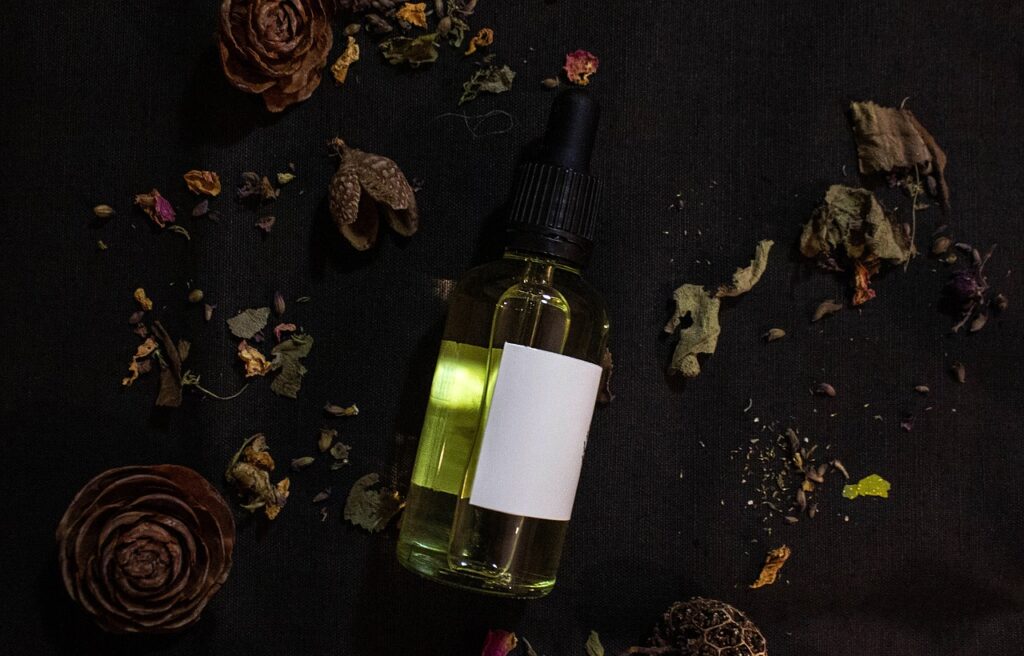
How do you store solid toiletries?
If you keep your solid toiletries in the shower you’ll need a soap dish so they can properly dry between showers. It’s also best to keep them covered so they don’t get soggy while you’re in the shower.
If the products contain ingredients like coconut oil and shea butter they will react to warmer temperatures and may get mushy. Try keeping them in the fridge or a cooler room.
For travel, we use a small Tupperware container which clips closed and make sure that the bars are dry before closing it up. It’s also possible to get nice metal tins or wrap your bars in beeswax wrap.

